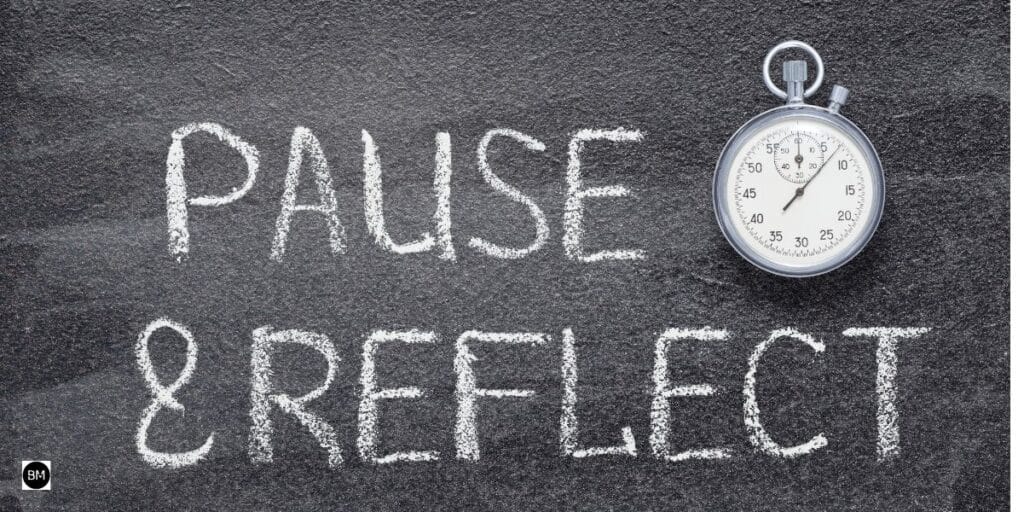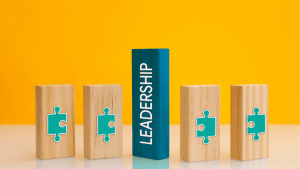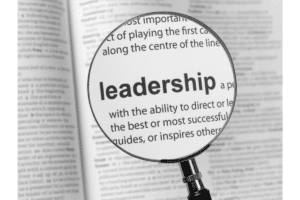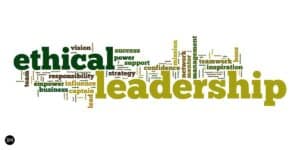In today’s fast-paced world, personal and professional growth often seem like items on an ever-growing to-do list for young professionals. However, the key to unlocking profound development and achieving your goals can lie in a simple yet powerful habit: self-reflection. This article will explore why self-reflection is essential, provide a step-by-step guide on analyzing your day, and suggest tools that can aid in this insightful practice.
Why Self-Reflection Matters
Self-reflection offers numerous benefits that can transform mundane daily routines into powerful learning experiences. By taking the time to reflect, you can:
- Increase self-awareness: Understand your strengths, weaknesses, emotions, and responses.
- Enhance decision-making skills: Reflecting on past actions helps you make better decisions in the future.
- Boost professional growth: Identify learning opportunities and areas for improvement in your career.
- Improve personal relationships: Gain insights into your interactions with others and how you can communicate more effectively.
How to Effectively Analyze Your Day
1. Set a Regular Time
Choose a time to reflect that suits your schedule, such as early morning or right before bed. Consistency is key to developing a habit.
2. Create a Conducive Environment
Find a quiet space where you can think without interruptions. This could be a small corner of your room, a park bench, or even a quiet café.
3. Ask the Right Questions
Structure your reflection around specific questions to make the process fruitful. Consider questions like:
- What did I accomplish today?
- What challenges did I encounter and how did I handle them?
- What did I learn today about myself and others?
- How can I improve tomorrow?
4. Keep a Reflection Journal
Documenting your thoughts can enhance your reflection process. Use a digital app or a physical journal to jot down key insights. This record will also allow you to track your progress over time.
5. Use Tools and Apps
Leverage tools like Reflectly, Day One, or Journey to facilitate your self-reflection. These apps offer prompts, analytics, and mood tracking which can add depth to your reflective practice.
6. Review and Plan
End your reflection by setting small, achievable goals for the next day based on your insights. This turns reflection into actionable change.
Integrating Self-Reflection into Your Professional Life
To maximize the benefits of self-reflection in your career, try these strategies:
- Reflect with peers: Regularly discuss your experiences and challenges with colleagues to gain new perspectives and learn from each other.
- Attend workshops and seminars: These can provide new knowledge and skills that you can reflect on how best to integrate them into your professional life.
- Seek feedback: Regularly ask for feedback from peers and superiors and use it as a basis for reflection. This can help you grow in your role and adapt to workplace dynamics.
Conclusion
Self-reflection is more than just a tool for personal understanding; it’s a strategy for continuous improvement and success in both personal and professional realms. By making it a regular part of your day, you open doors to deeper insights and more significant advancements.
Start today! Download a reflection app, grab a journal, and set aside just 10 minutes this evening to reflect on your day. Interested in more tools and tips for personal and professional growth? Subscribe to our newsletter for the latest articles and resources. Visit Best of Motivation | Empowering Your Success to discover more content designed to inspire and empower young professionals like you.












